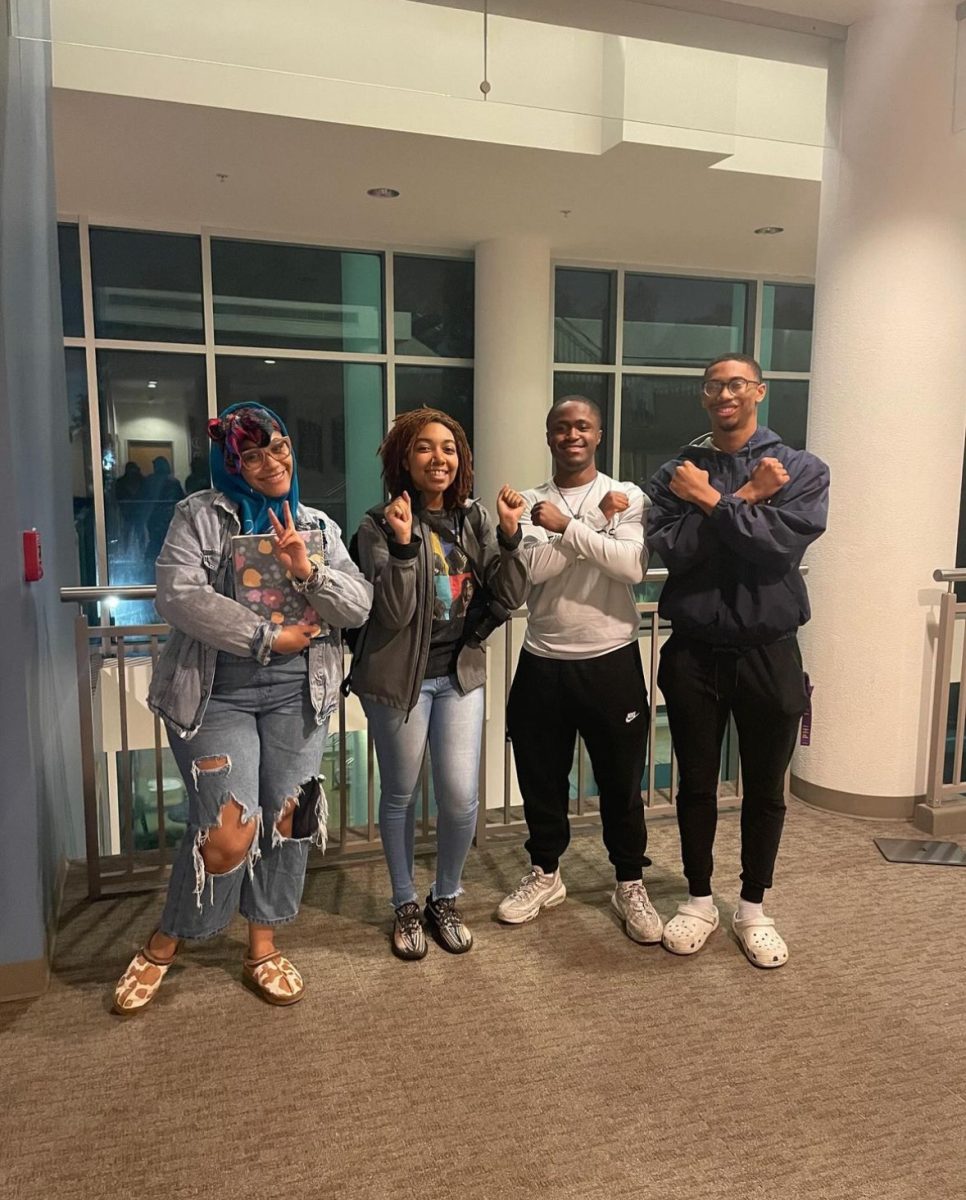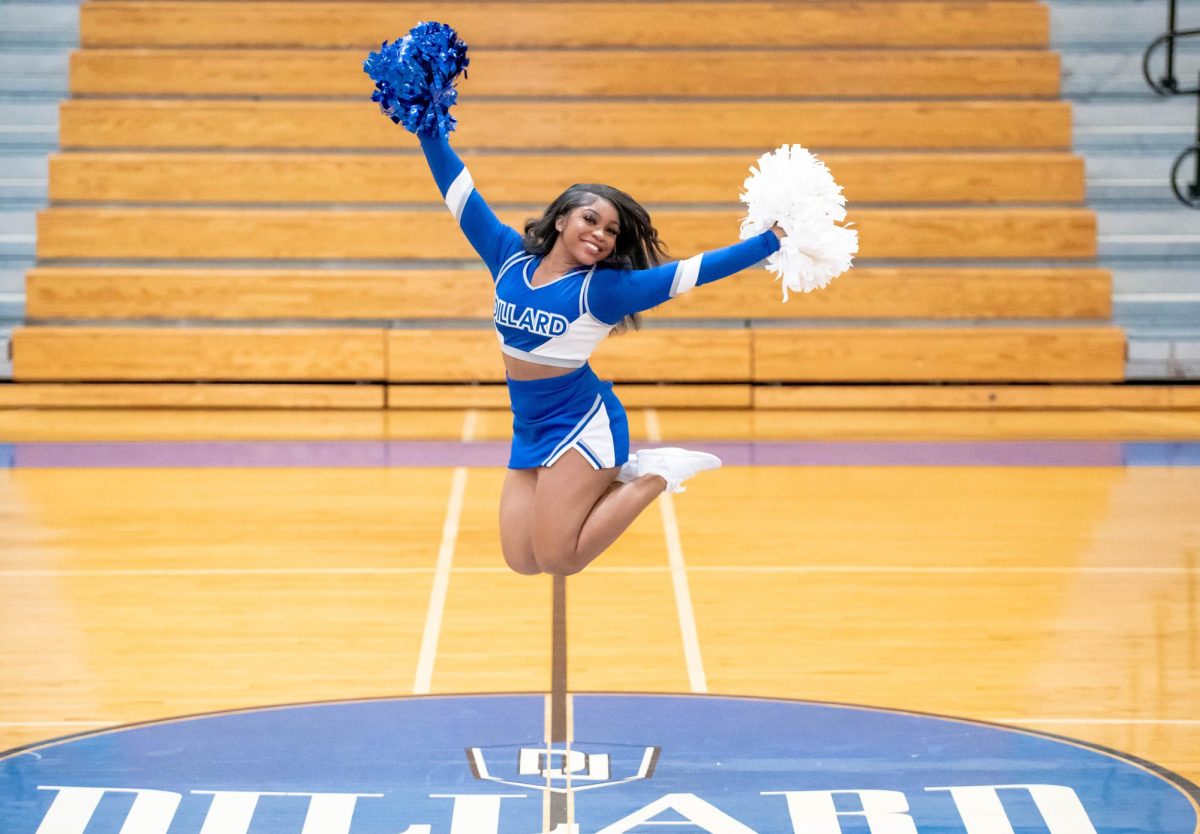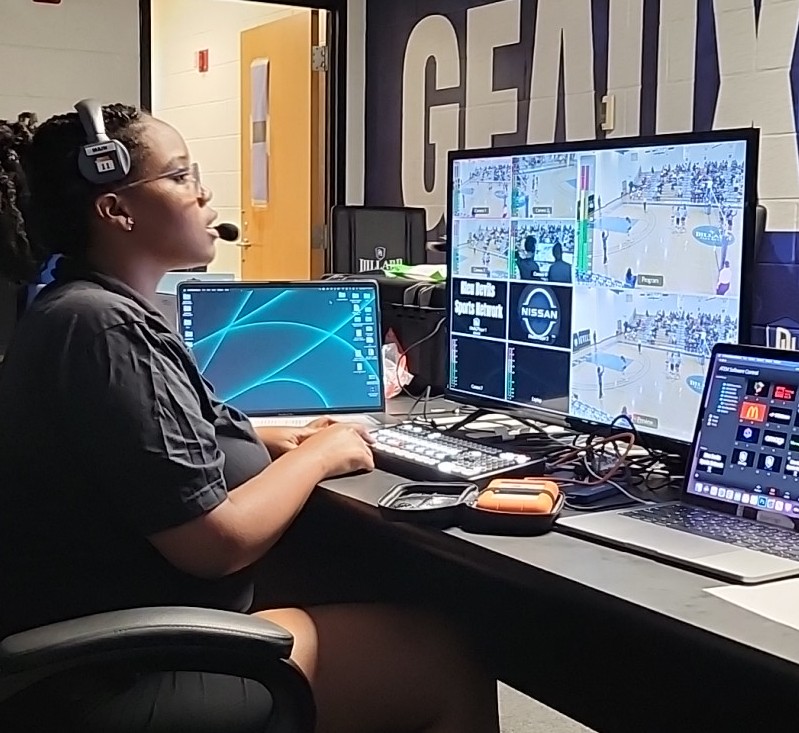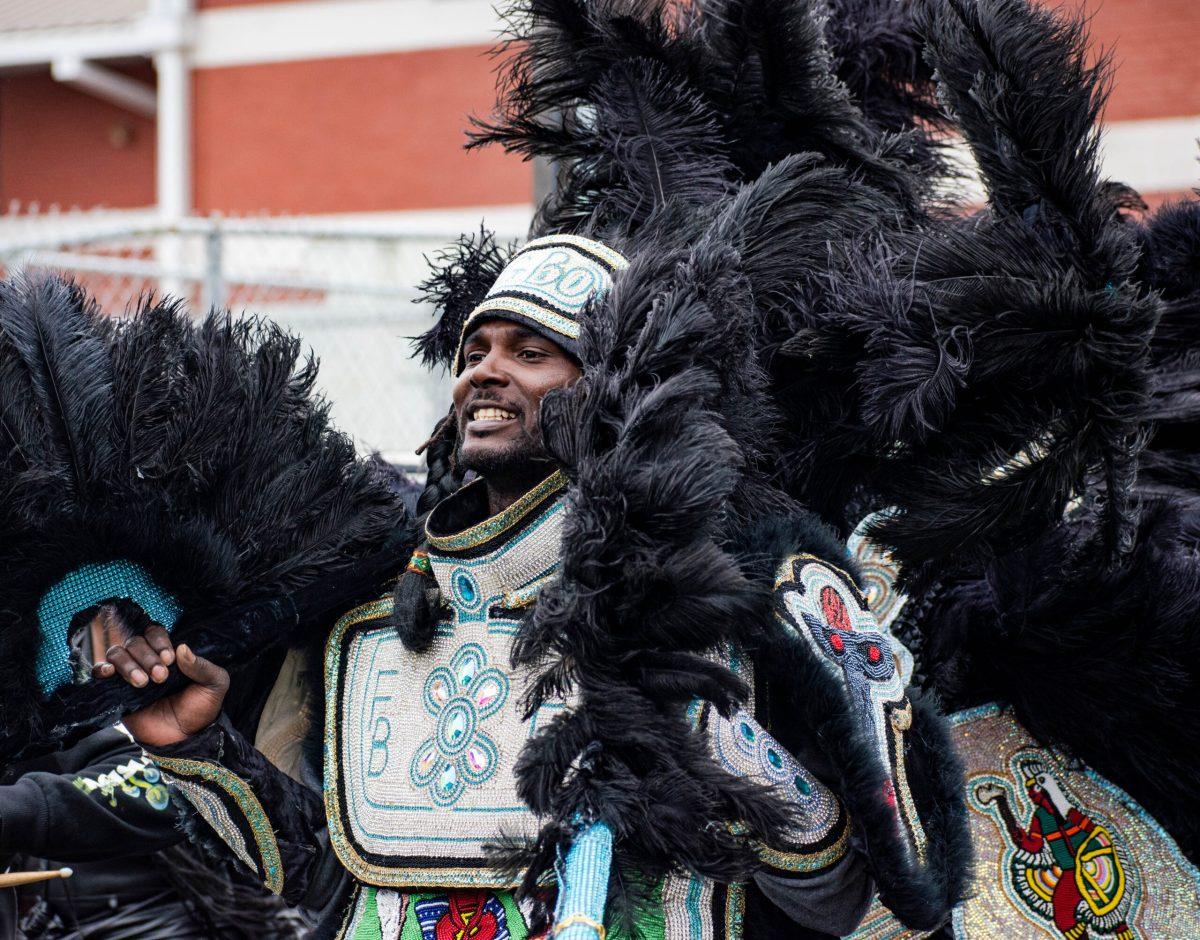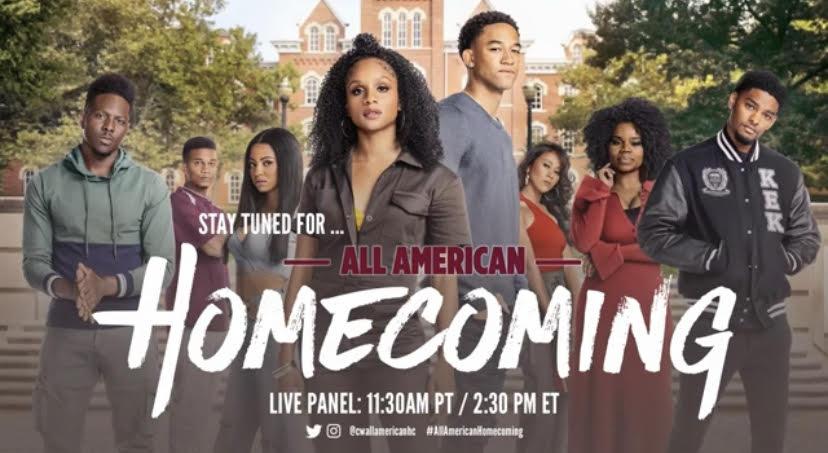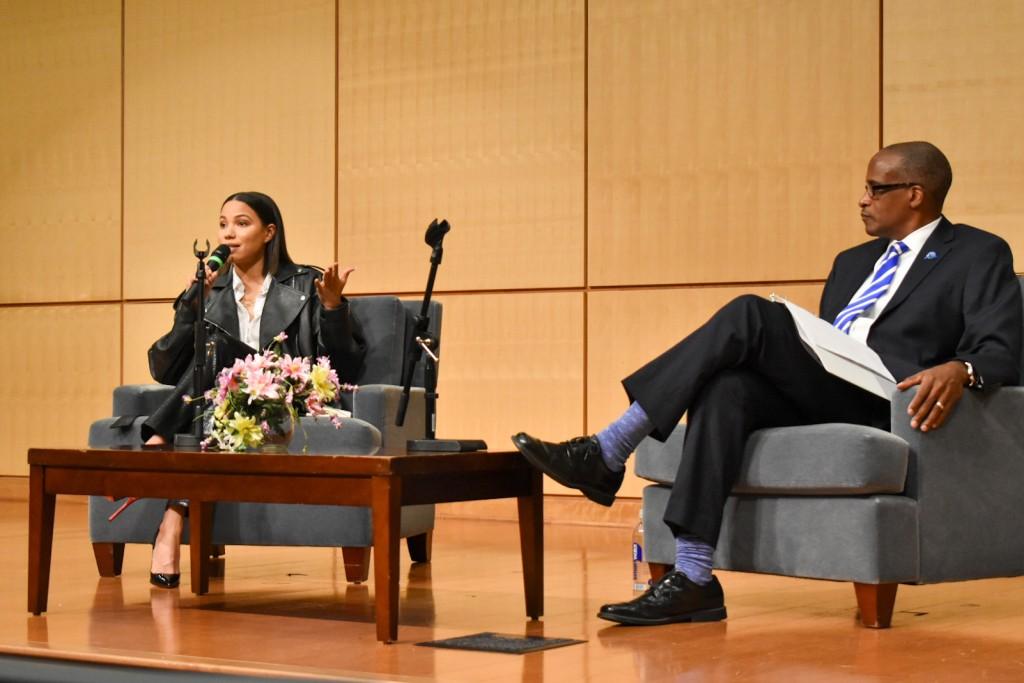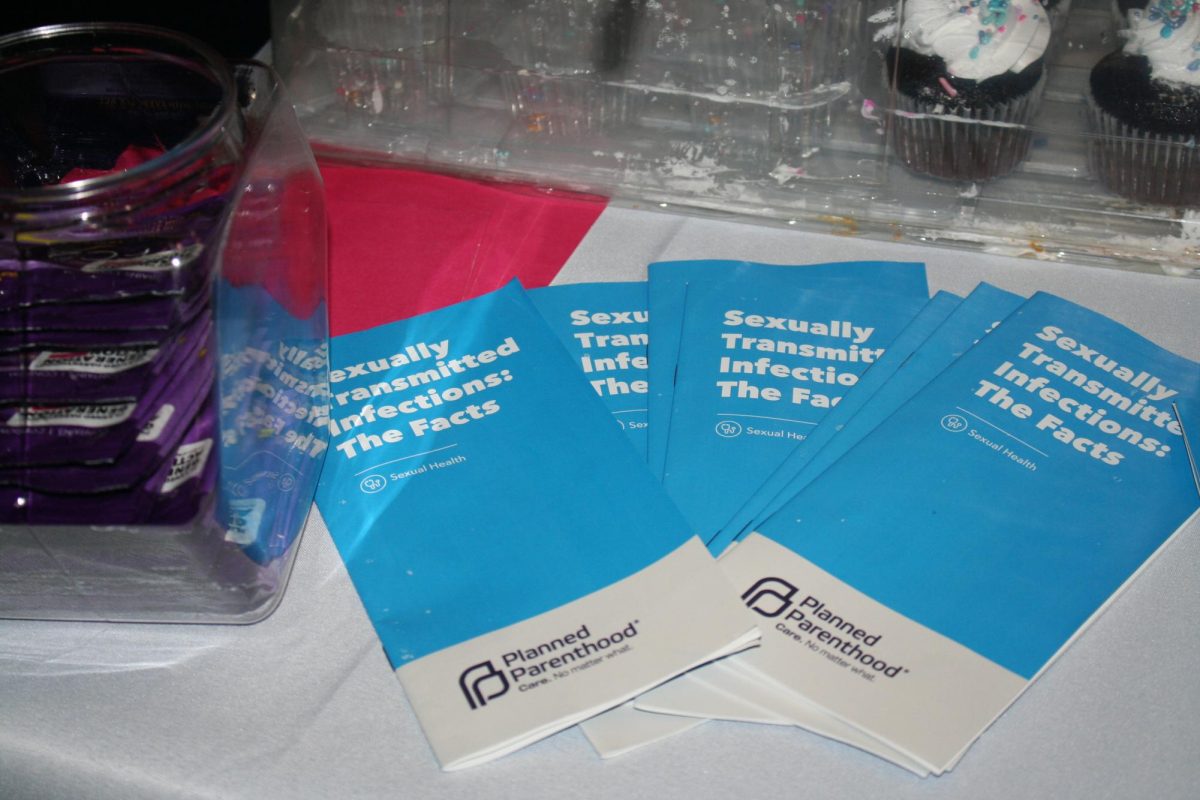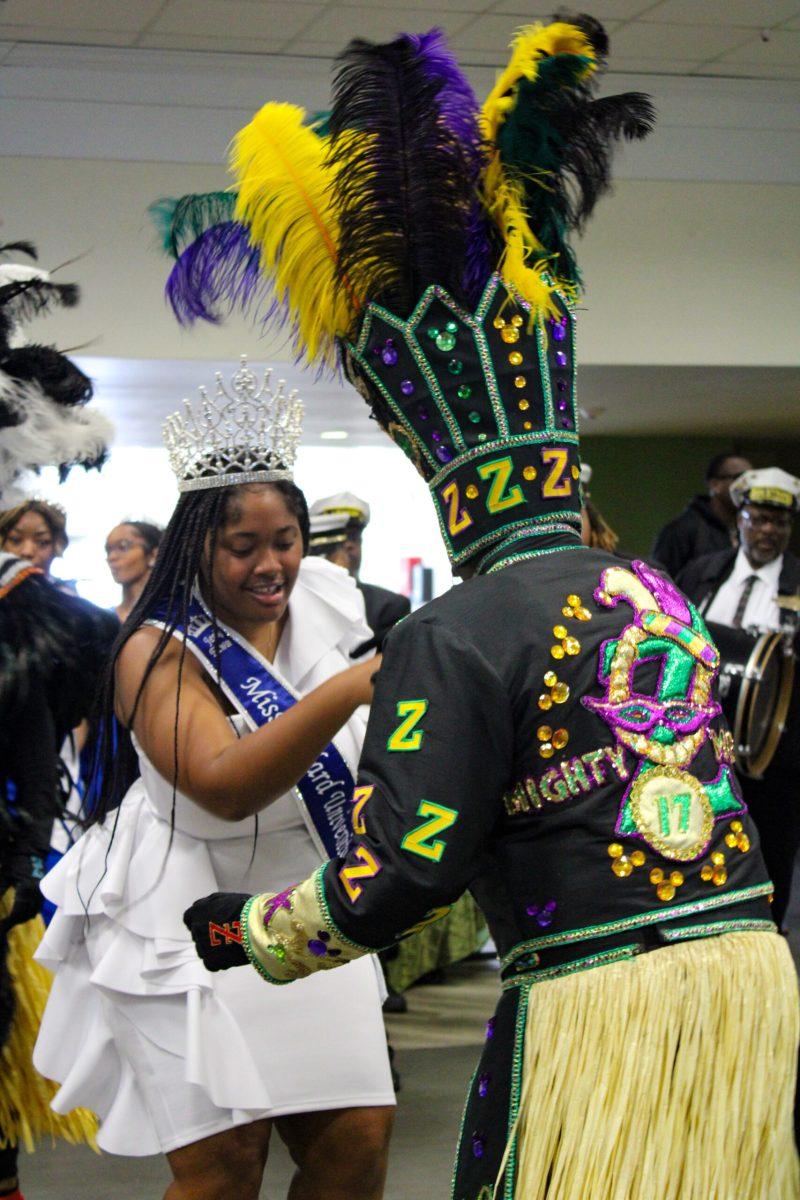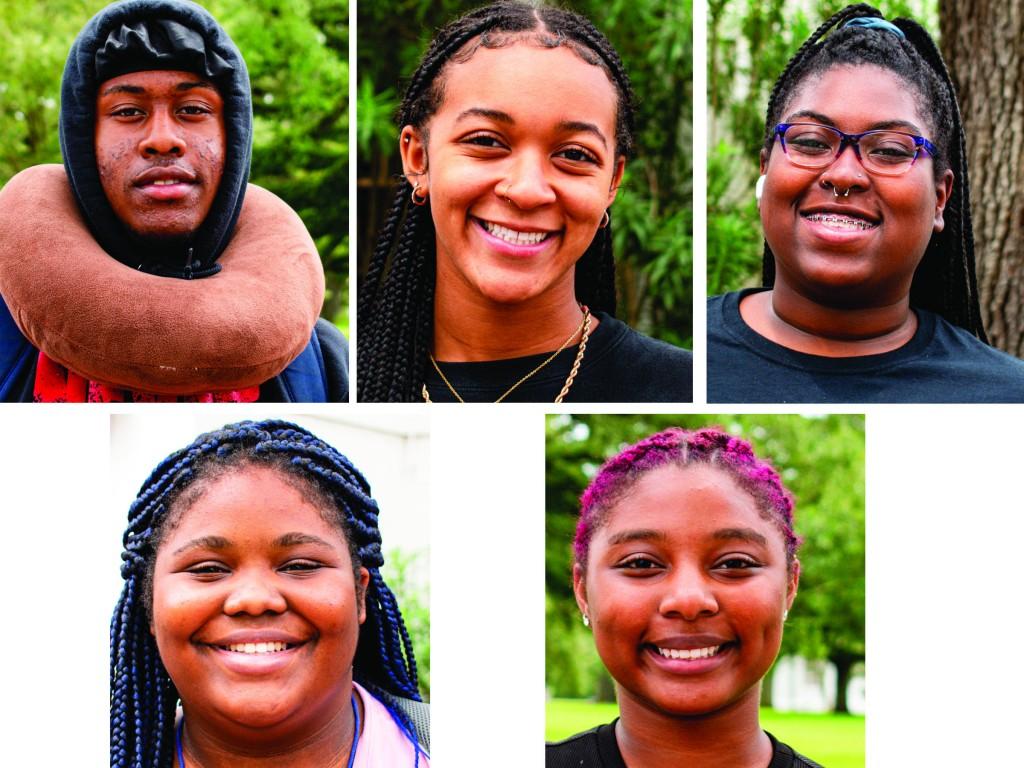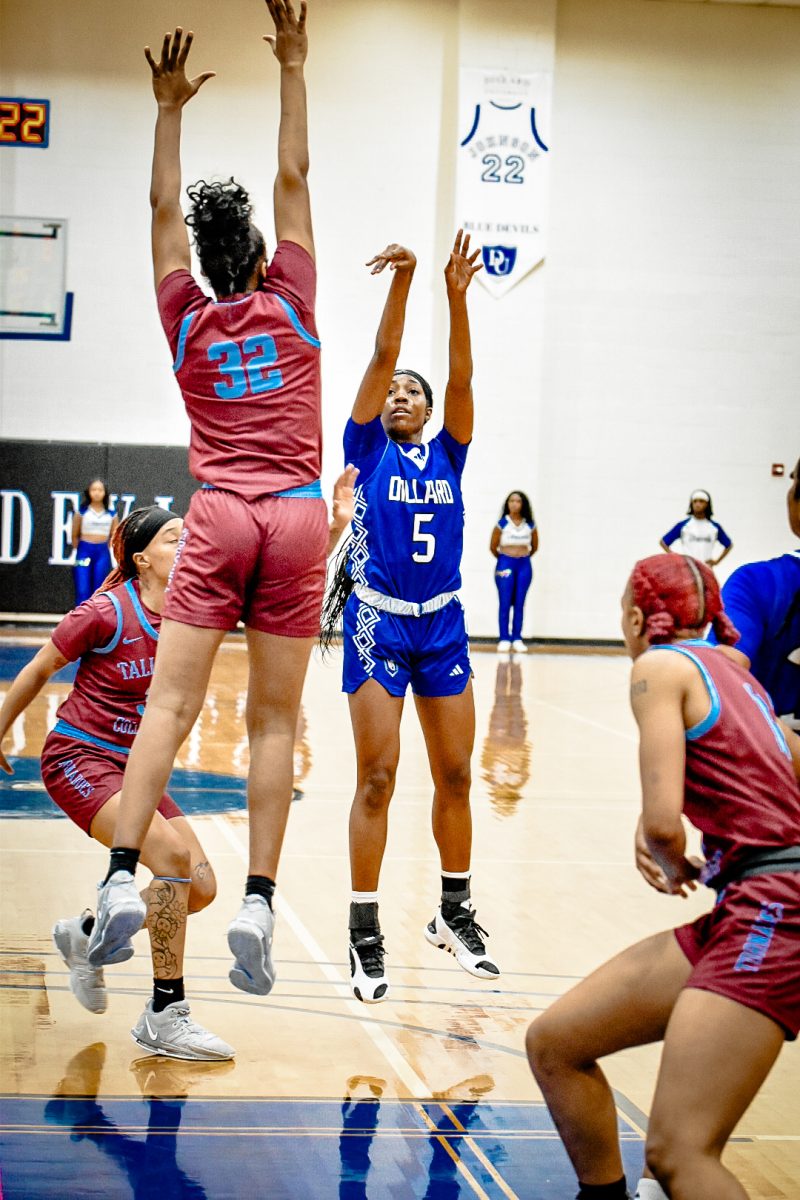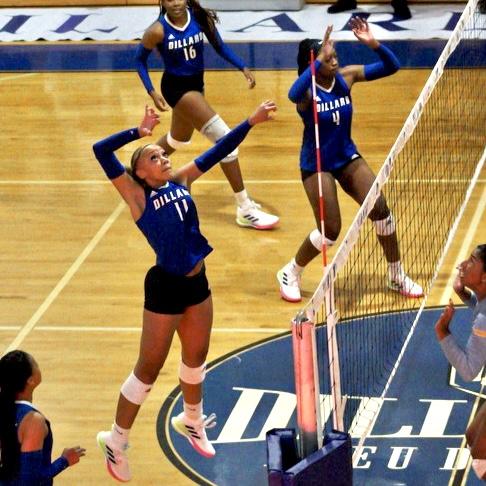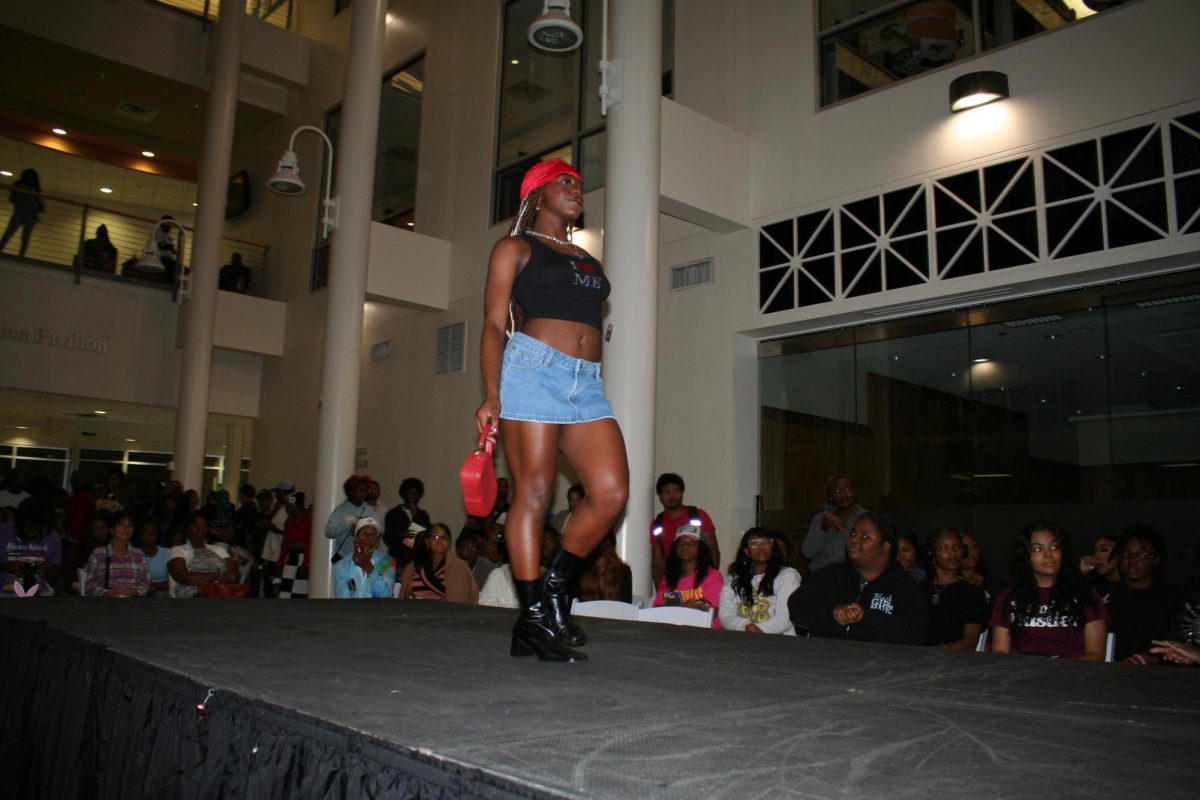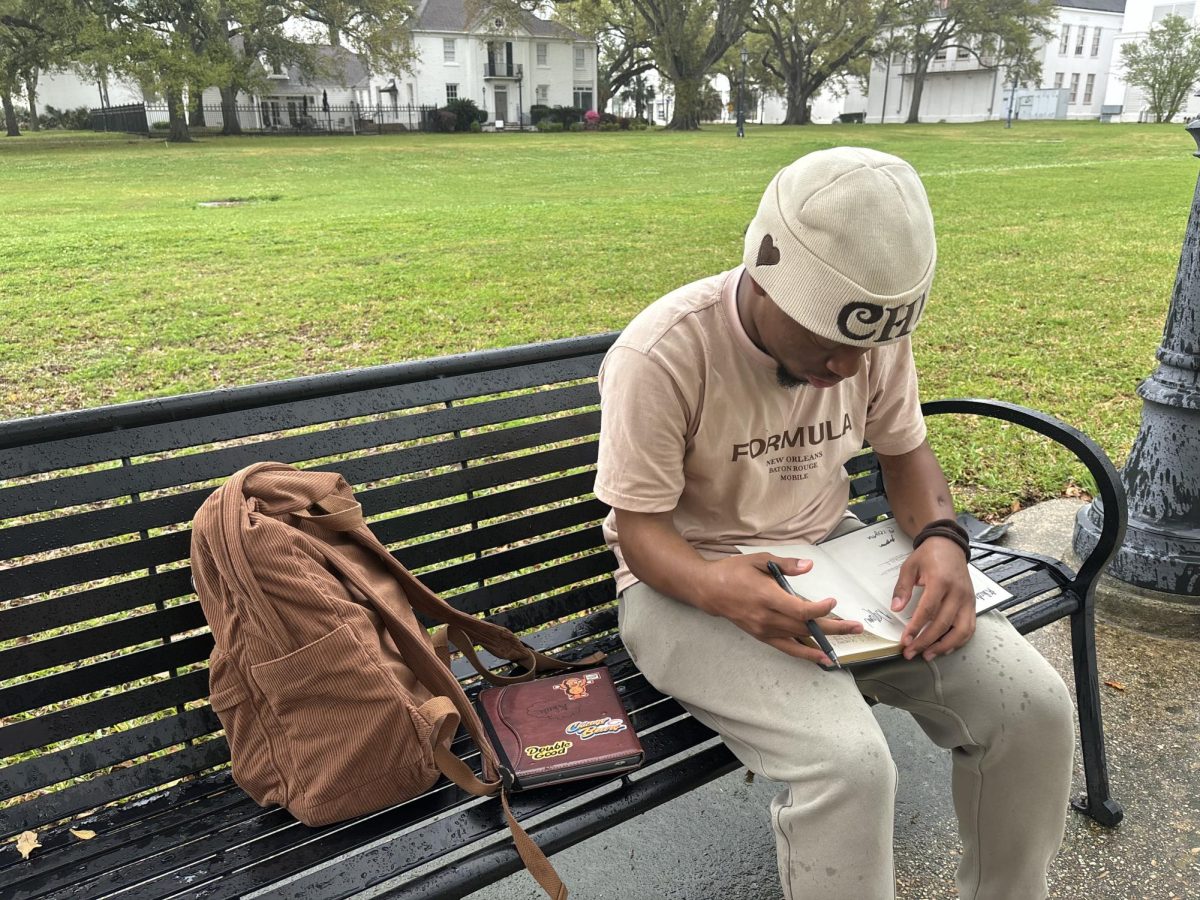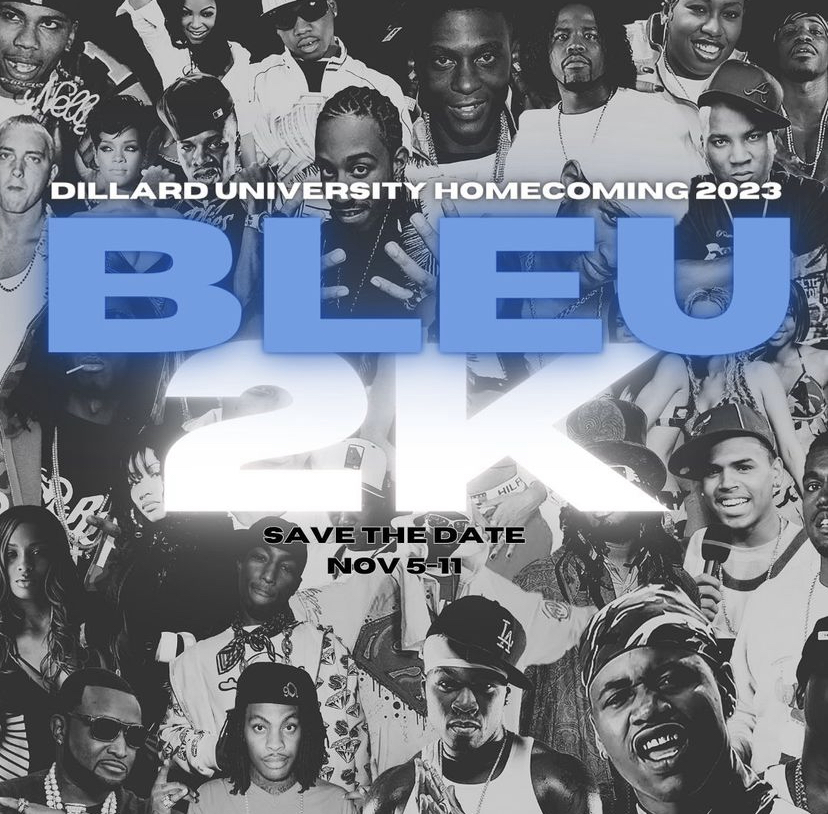
Jessica Lodge
Are you as tired as I am of watching African American people clown on reality TV shows? I think we need to withdraw our support for these kinds of shows and support black situation comedies that highlight positive images of our families.
We’ve come a long way since our grandparents called each other on a landline to say a black person would be on television. Crooner Nat King Cole, the father of Natalie Cole, was the first black to have a television show in 1954; it lasted 13 months and failed for lack of sponsors. Then came “Julia,” an NBC sitcom starring Diahann Carroll, was one of the first weekly series to depict an African American woman in a non-stereotypical role; it started in 1968 and ran for nearly three years. Of course, “The Cosby Show” was also notable, running for eight seasons on NBC and spending eight seasons as the Nov. 1-rated show on televisions.
Sitcoms based on the lives of the African American working middle class were popular in the late ‘80s and ‘90s. They were able to give you a chance to experience the everyday life for a person of color. For example, “Living Single” was based on four girlfriends making their dreams come true for their professional life while also trying to maintain a social/romantic life. It showed them coming together as friends to help one another and to always lend a helping hand. Another example was “A Different World,” which captured the life of young, black college students. They were able to discuss social, political and ethical issues that weren’t mentioned much in mainstream media. Other influential shows included “The Fresh Prince of Bel-Air,” “Family Matters,” “The Wayans Bros.,” “The Jamie Foxx Show,” “227,” “The Parkers” and “Sister, Sister,” to name a few. In these sitcoms, you were able to see an individual’s hardships as well as growth. They were based on real-life situations, although funny, but nothing scandalous.
Reality shows have taken television by storm. Everyone has his or her favorite show to watch such as the “Love and Hip Hop” franchise, and some even hope to one day get the chance to be on one. Unfortunately, reality shows tend to shed a negative light on everyone especially African Americans, who tend to make up 90 percent of each cast. The most popular reality TV shows are the “Real Housewives of Atlanta,” “WAGS,” “Baller Wives” and “Basketball Wives.” We see them fighting one another because of “he said, she said” or who’s with this or that guy, and throwing drinks at each other at public events. These shows definitely are note about sending a positive message but more about getting ratings.
Bringing black sitcoms back to the forefront would be an opportunity to remind youth there is more to life than fighting on TV, that positive things are happening in black communities and even a scripted television show can be just as entertaining as “reality” TV. Upcoming seasons of shows such as “The Carmichael Show” or “Blackish” offer a platform to get perspectives on issues such as the shootings of unarmed black men, voting for Donald Trump, marriage, black kids attending white schools, kids going away to college, etc. from the perspective of a black family and how certain things may be handled. We’ve seen an increase in black comedy television shows since 2015 with “Atlanta,” “Insecure,” “Survivor’s Remorse” and “Marlon.” Young kids need to see positive images of people that look like them on television helps them to understand there’s more to life than what meets the eye. And other Americans who don’t know any black people need to see a range of behavior, not just bad behavior.
African Americans have a greater impact on television today with more representation and a larger voice in planning and execution. I say we make this work not only for our entertainment benefit, but to help “others” see the range of people that we are. Stop giving your support to the latest negative stereotypes; stop watching these shows.

